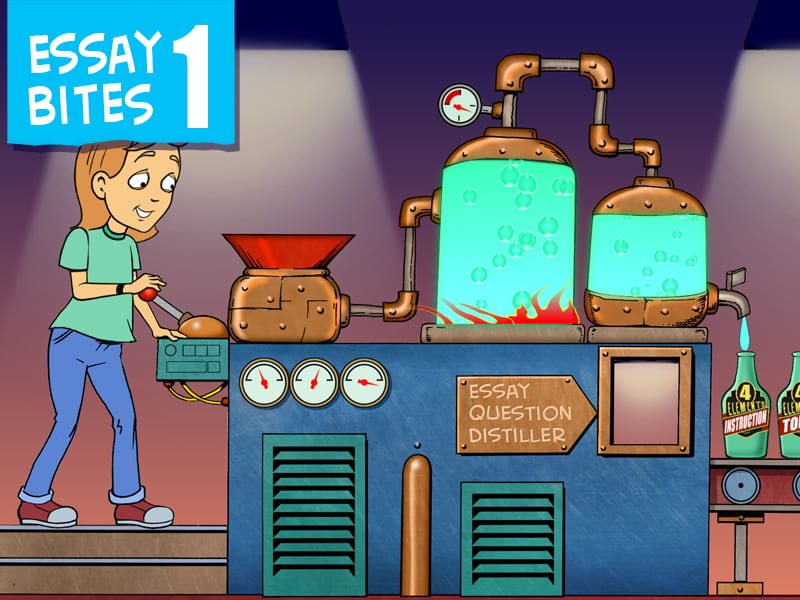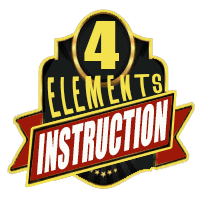One common way that essays go wrong is in failing to properly answer the question. This Bite will show you how to avoid that pitfall by breaking down the question in order to identify exactly what is being asked of you, allowing you to proceed with the research and writing stages safe in the knowledge that you’re on the right track.

Topic
The topic is the general area that the question relates to, and may well correspond to specific lecture or tutorial topics. As mentioned above, many people make the mistake of identifying the question topic and then writing everything they know about it. Instead, you should see the topic more as a general orienting device, allowing you to identify the broad area of interest before focusing down on the actual question being asked.


Aspect (of topic)
Identifying the aspect is crucial as it allows you to focus on exactly what is required of you, helping you to avoid including irrelevant material and instead concentrate on the relevant material. For example, in the question ‘Discuss the positive and negative aspects of the internet as a research tool’, you are not being asked to give lots of pros and cons of the internet in general (the topic); rather, you are being asked to focus your answer on the advantages and disadvantages of the internet as a tool for conducting research (the specific aspect of the internet that the question is actually asking about).
Restriction
Many questions come with restrictions which help you to further narrow down both your research and your answer. For example, our internet question might instead read ‘Discuss the positive and negative aspects of the internet as a research tool for university students’. In this case the topic is still the internet, and the aspect still its advantages and disadvantages as a research tool, but the restriction requires us to further focus our answer on the use of the internet for research purposes by university students (i.e. arguments about how other groups such as university lecturers or school pupils use it would be largely irrelevant).


Instruction Word
Last but certainly not least, the instruction word – unsurprisingly – instructs you as to what the question setter actually wants you to do. Although it sounds simple, many people go wrong at this stage. In particular, they produce overly descriptive answers regardless of the question asking them to do things like analyse or assess. You should familiarise yourself with the instruction words that commonly crop up in your subject area, and ensure you know what each requires you to do. Another complication comes when there is no instruction word, that is, when the question is actually phrased as a proper question. For example, our internet question might be worded ‘What are the positive and negative aspects of the internet as a research tool for university students?’ This is still the same task as earlier, but because of the way it is worded it’s down to us to actually decide the nature of the task. In such circumstances, it’s usually a good idea to rephrase the question yourself so that includes an instruction word. It’s also more than likely that you are being asked to take a critical approach. It’s rare at this level to simply be asked to describe or list something.
Paying close attention to exactly what the instruction word is asking you to do, and identifying the topic, aspect and any restriction can really help you focus your answer. The converse is also true; if you pay no heed to the specifics of a question and simply concentrate on the broad topic, you are likely to produce an answer that is superficial and which may be full of irrelevant material. If you’ve broken down the question and identified just what it asks of you, you’re in a strong position to research, plan and structure an effective response.